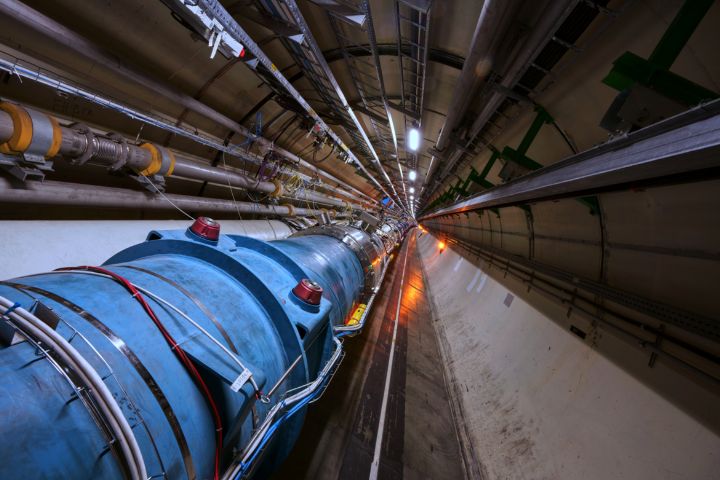The European Organization for Nuclear Research (CERN) has confirmed that it will end its cooperation agreements with Russian scientists by November 30, 2024, as part of its response to the ongoing conflict in Ukraine. This decision, initially made in June 2022, will affect approximately 500 scientists affiliated with Russian institutions, who will no longer be able to participate in CERN’s research activities. The move underscores the complexities of maintaining international scientific collaboration amid geopolitical tensions.
Background of CERN’s Decision
CERN’s decision to terminate its agreements with Russia and Belarus stems from the organization’s condemnation of Russia’s military actions in Ukraine. The decision-making body of CERN finalized this course of action in December 2022, emphasizing that it would not affect relationships with individual scientists from these countries who are affiliated with other institutions.
“CERN is an international organisation, but it is not an island. It’s not acceptable to support scientific research when wars are taking place between countries which once had staff who worked together at CERN,” the spokesperson said. “When the war broke out, all activities were suspended,” the spokesperson added. “Now the decision has become more formal.”
Impact on Affected Scientists
As CERN prepares to cut ties with Russian scientists, many researchers are facing uncertainty about their future collaborations. While some have already transitioned to other laboratories, around 90 Russian scientists are expected to be directly impacted by this decision. The loss of access to CERN’s resources and facilities may hinder their ongoing research projects.
The cessation of cooperation with Russia also has financial ramifications for CERN. Russia previously contributed approximately 4.5% of CERN’s annual operational costs and had pledged significant funding for upcoming upgrades to the Large Hadron Collider (LHC). Other member states will need to step in to cover these contributions, but CERN has assured that there will be no delays in ongoing projects.




GIPHY App Key not set. Please check settings